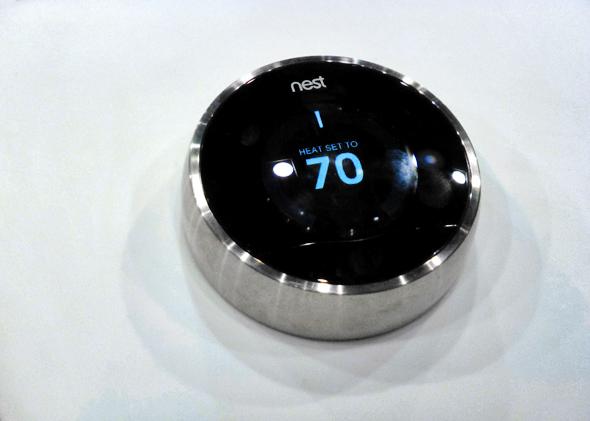Nest, makers of everyone’s favorite smart thermostat, are raising a new round of venture financing that values the company at $2 billion.
By the standards of a modern day social media company this seems quite modest:
You hear this kind of thing frequently. The problem with trying to maximize revenue is that once you try, you establish a limit to how much revenue you can get. If you’re clearly not trying to make money, then you can sell the sizzle instead of the steak.
There’s something to that. But there’s a real reason why investors like weightless social media companies more than manufacturers of tangible products. It’s called “scale.” The next 100 million Facebook users will add very little to Facebook’s overall cost. But they’ll substantially increase the size of Facebook as an advertising platform. And these companies also benefit from network effects. You get a Windows PC because software companies prioritize Windows development because everyone else has a Windows PC. You use Facebook to keep in touch with your friends because your friends all use Facebook. You search on Google because Google has the best search results, and all those people searching on Google feed Mountain View a fire hose of behavioral data they use to improve the product.
A company like this can, at the peak of its powers, achieve totally obscene profit margins. So you want to pay a lot for a firm that has even a small shot at that kind of ring.
When you’re making physical objects there are certain economies of scale as you grow. But it’s not nearly the same. And you don’t really have the same network effects either. I use a brand of immersion blender that nobody else I know has and suffer no ill effects for my trouble. The result is that making consumer products is a hard way to generate really insane profits. The more successful your product is, the more competitors will enter the market and erode your margins.
The dynamic that this unleashes is plausibly a problem for society. Having all the venture capital money flow into infinitely scalable social media products that aim to win tournaments and then exploit network effects rather than into new kinds of physical goods seems in many ways to be an undesirable outcome. But insofar as the investors are looking to make money, they’re going about it in a reasonable way.
